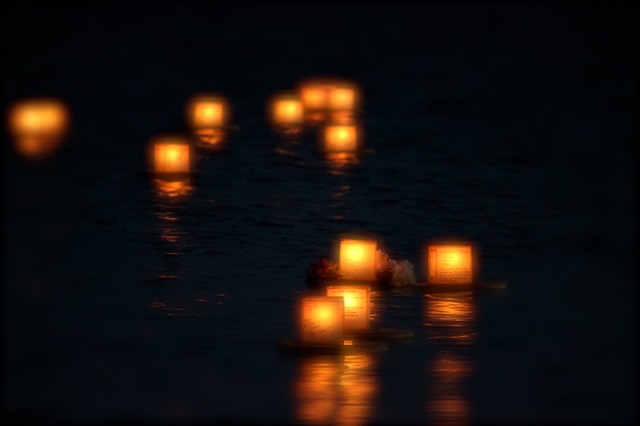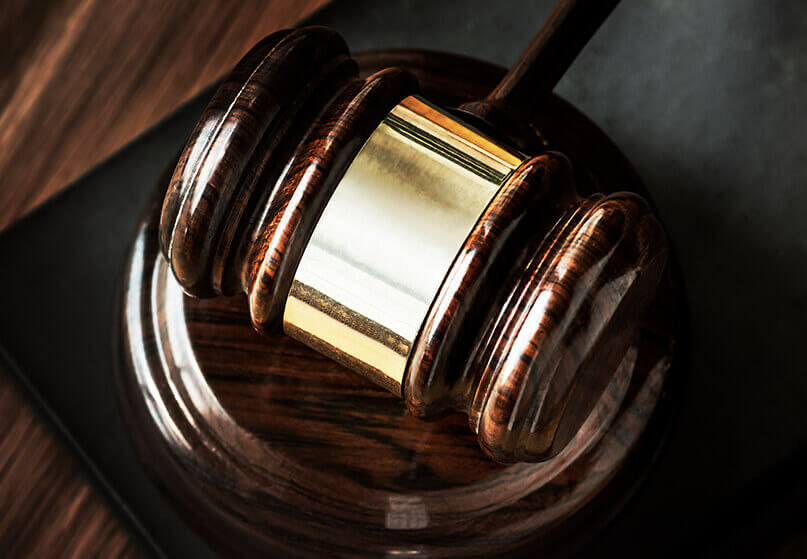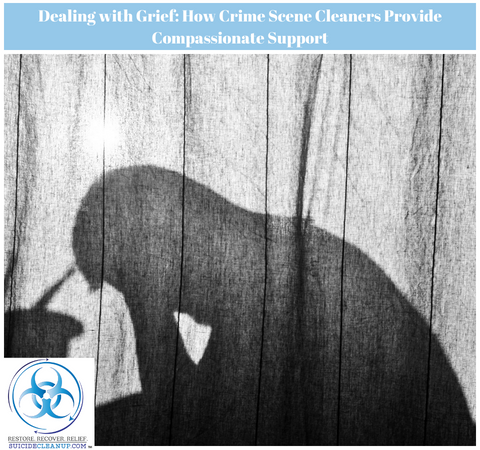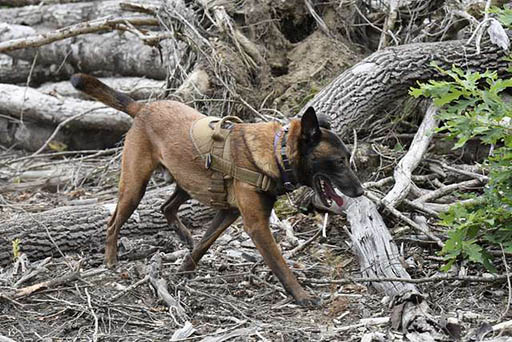
What Causes Spring Suicide Peak?
December 30, 2021
Who Was The Youngest Person To Ever Commit Suicide?
January 31, 2022Having a checklist to follow after someone passes can be very helpful, especially if you’ve just discovered a body. Discovering a body is a shock, even when it’s expected. But when the death of a loved one is unexpected, an unattended death, or particularly gruesome or violent, it can be incredibly traumatic to the person who makes the discovery, sometimes resulting in PTSD.
If you feel that you need immediate assistance, know that mental health help is available to you right now. The National Suicide Prevention Lifeline is (800) 273-8255 or by dialing 988. It’s free, anonymous, and operates 24-hours a day.
The After Death Checklist of Responsibilities
To make everything as straightforward as possible, follow six basic steps after discovering a body.
- Call 911. Unless the decedent was on hospice for an illness, in that case, call the hospice provider.
- Contact us.
- Look for essential documents.
- Contact family members.
- Call a funeral home.
- Set up mail forwarding for the deceased
For your convenience, we also have a printable PDF version of this checklist.
1. Call 911
Contact law enforcement right away. Then stand by. If you’re in a hurry to get somewhere — like to work — let them know you’ll be late. Tell them plainly that you’ve found a body and called 911. You don’t need to say anything else.
2. Contact SuicideCleanup.com, A Professional Cleanup Service
If there are a lot of body fluids or blood, like after a gunshot, you’ll need a professional cleaning service. This will reduce your trauma immensely.
You can contact us 24-hours a day, anywhere in the nation. We won’t start cleaning until law enforcement has done their job. So you have time to move on to the next step and look for important documents.
3. Look for Important Documents
According to the National Library of Medicine, some, but not all, suicide victims leave a note. Generally, if the decedent left a note, it will be in a conspicuous place, and law enforcement will want to see it.

After a loved one passes, you’ll want to work with a lawyer to review their will and handle the estate and any legal procedures.
Beyond that, you’re looking for:
- A will, which might be titled “Last Will and Testament” or any other written instructions. A will should also detail how the estate will be handled.
- Identification — the coroner will want to take that. But don’t touch the body to get to a wallet.
- Any important bills that must be paid. You wouldn’t want the family car to get repossessed because a payment gets missed during the following weeks.
- Life insurance policies
- A “preneed” agreement, or pre-paid funeral contracts
- Military paperwork, like the Person Authorized to Direct Disposition, or PADD, which designates a person responsible for the funeral of an enlisted service member. Discharge papers are important, too. Veterans have special rights and funds that can help pay for funerals.
Finding all documents may take some time, but the search can be a welcome distraction.
4. Start Calling Family Members
If the decedent is your spouse, parent, or part of your family, know we are sorry for your loss. It’s usually okay to start contacting family right away. Ask them to contact others, so this reduces the burden on you.
Sometimes law enforcement will ask you to refrain from contacting anyone. If the decedent is a friend or neighbor, they might handle this task.
5. Call the Funeral Home
If it was a death in the family, you can call the funeral home. If the decedent has a preened agreement or a PADD in place, contact those people.
Some states, like California, have a designated hierarchy of responsibility for funeral arrangements. In other words, it might be up to the decedent’s legal spouse, parent or adult child to decide what happens next. This varies by state, but the funeral home and coroner will know the rules.
6. Set up Mail Forwarding for the Deceased
After getting everything straightened and underway, you’ll also want to set up mail forwarding. You can do this through your local post office. For more information, please see the USPS website.
You’ll want to set up Deceased Do Not Contact (DDNC) and forward their mail to you (or a loved one)’s address. If you were living with the decadent, then you can simply manage their mail as it comes in.
What Comes Next?
Unfortunately, grief comes next. After this experience, most people say they felt stunned. They describe it as living in a dream-like state of disbelief. Other family members — those who didn’t make the gruesome discovery — might struggle to accept the truth. This is natural and part of the grieving process.
As time goes on, you may discover yourself needing emotional support or mental health care. It is expected after such a traumatic experience and does not represent any weakness on your part. Take care of yourself, and get help if you need it.
If this article has helped you, please consider sharing it with your loved ones on Facebook, Instagram, and Reddit to reach even more in need. Thank you!




